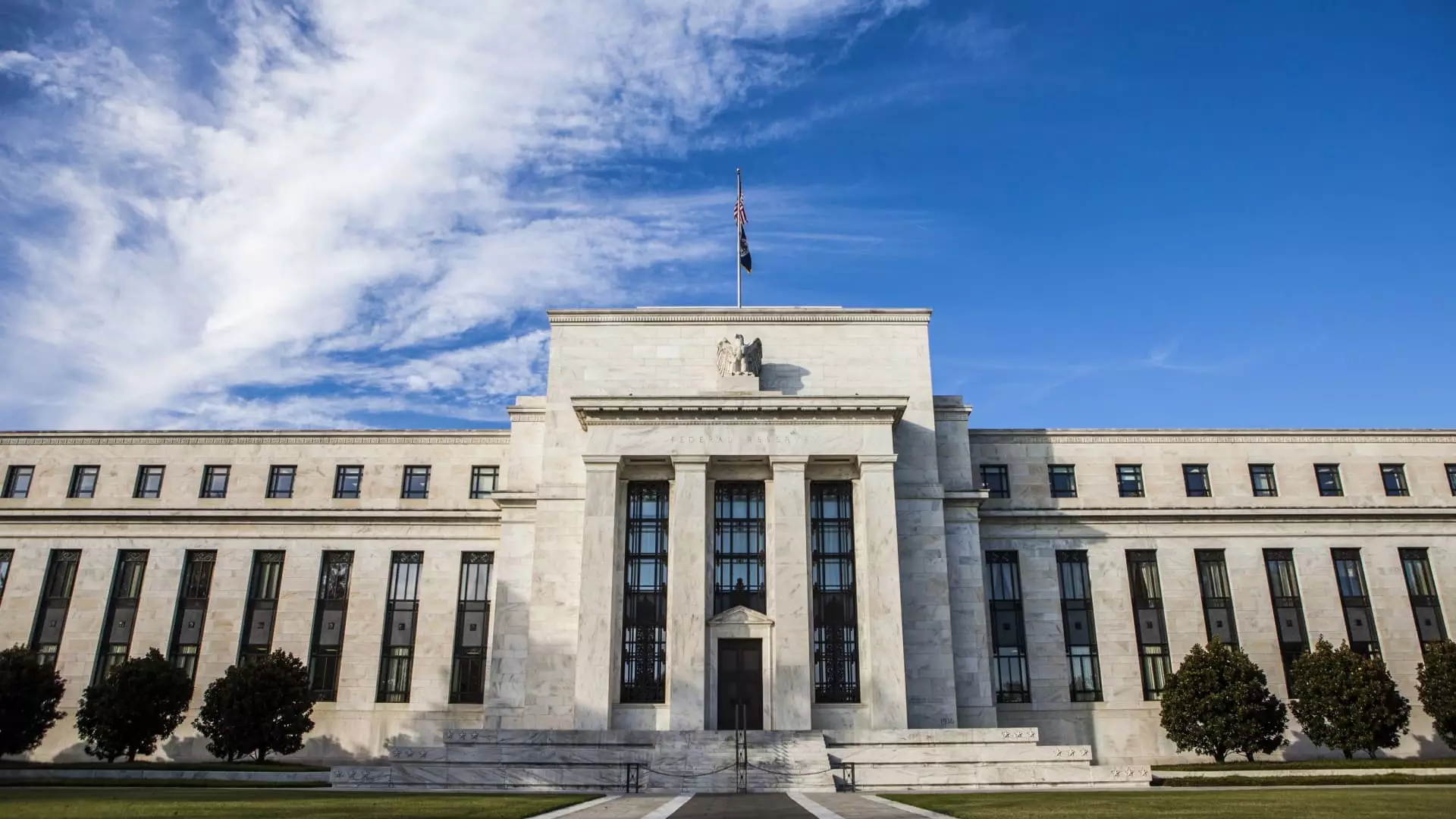In a significant development within the financial sector, major banks are gearing up to challenge the Federal Reserve regarding its annual bank stress tests. This anticipated lawsuit, poised to be filed imminently, highlights a growing rift between leading financial institutions and the regulatory frameworks that govern them. The outcome of this legal battle could reshape the landscape of bank capital requirements and influence the future of financial stability in the United States.
The Federal Reserve conducts annual stress tests designed to evaluate banks’ ability to withstand economic shocks. These assessments require banks to maintain robust capital buffers, essentially setting the stage for their ability to handle bad loans. The implications of the stress tests extend beyond mere compliance; they significantly impact banks’ strategies regarding share repurchases and dividend payments. Failure to meet these rigorous standards can hinder banks’ financial maneuverability, which may have broader repercussions for the economy.
In response to ongoing scrutiny, the Federal Reserve recently announced its intention to revise the current stress test framework. By soliciting public feedback, the Fed aims to enhance transparency and mitigate the volatility surrounding capital buffer requirements. This move suggests recognition of the criticisms leveled against the existing processes, often deemed opaque and overly burdensome by banking advocates. The rationale for reform was underscored by the need to adapt to a “changing legal landscape,” acknowledging shifts in administrative laws that govern financial regulations.
Greg Baer, CEO of the Bank Policy Institute (BPI), expressed cautious optimism regarding the Fed’s announcement. He termed the changes a “first step toward transparency and accountability,” yet his words hinted at possible future moves by the industry to advocate for more substantial reforms. The BPI represents major banks, including JPMorgan, Citigroup, and Goldman Sachs, all of which have complained about the stringent capital requirements derived from the stress tests. Ultimately, while the proposed reforms might alleviate some immediate concerns, they may not fully address the underlying issues that critics argue inhibit lending and stifle economic growth.
As the lawsuit draws near and the Fed navigates fresh criticisms, the financial community watches keenly. The tension between regulatory mandates and the operational needs of banks is palpable; navigating this dynamic will be pivotal. Banks argue that excessive capital requirements constrain their ability to lend and thereby stifle broader economic opportunities. On the other hand, regulators maintain that robust capital buffers are crucial for safeguarding against systemic risks that could result from financial downturns.
As the legal proceedings unfold, the implications for consumers, investors, and the broader economy will become increasingly clear. A ruling in favor of the banks could lead to a reassessment of how stress tests are conducted, possibly introducing a new chapter in the regulatory environment for financial institutions. Ultimately, the outcome may redefine how banks comply with federal standards and change the landscape of American banking for years to come.

